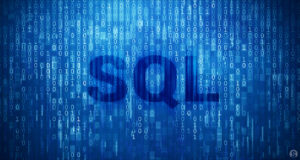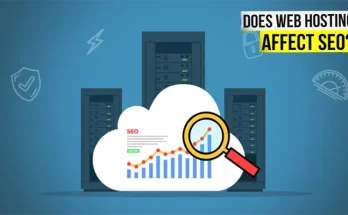 Here, we are in the part of information-driven society, which is generating more critical business data continuously. There is a continuous increase in the data available, while the organization increases various analyzing problems, with respect to protecting and storing arises.
Here, we are in the part of information-driven society, which is generating more critical business data continuously. There is a continuous increase in the data available, while the organization increases various analyzing problems, with respect to protecting and storing arises.
Database Management is the procedure of managing data in an effective manner and it also allows the usage of data in different organizational decision-making processes. It refers to the software that is utilized for managing the data stored within the database. And, SQL jobs opportunities are very hot in the markets right now.
Key Functions of Database Management Systems
- Data protection
- Redundancy control
- Ensuring continued storage space availability for new data and programs
- Supporting rules based on the actions and interference
- Supporting multiple interfaces
- Providing recovery and backup support
Leading database management solutions that are used for enterprise use comprise of IBM’s DB2 UDB7, Oracle 9i, and Microsoft SQL Server 2000. All these platforms offer you access to features that are suitable for DBMS choice and particular business, which reflects the user’s requirement. And, if you’re looking for SQL jobs in the industry, you need to understand all of them well.
Key Features: Microsoft’s SQL Server 2000
SQL Server 2000 is a part of the company’s flagship DBMS. SQL Server 2000 will allow centralized management of SQL databases with supplementary enterprise resources. With the help of centralized management support, the SQL system management simplifies the large databases.
Other key benefits in SQL Server 2000 comprises of automation support that was provided by the database platform. SQL Server 2000 inbuilt support system includes intuitive wizards that allow IT administrators to perform a variety of complex tasks swiftly.
It also features role-based security and integrity tools that suit security auditing. Other additional features include network support and file data encryption, which includes file data encryption SSL and Kerberos. SQL Server 2000 is also certified with C2 security level by US government. Other internet features provided by SQL Server 2000 include .net integration with enterprise servers like Microsoft BizTalk and Microsoft commerce server.
IBM’s DB2 UDB7
IBM’s DB2 UDB7 is one of the latest database versions provided by IBM Corp. DB2 also provides self-management capabilities that eliminate requirement for interference by the database administrators.
DB2 features smart guide that allows users to set the configurations that are capable of providing the best possible performance. Other features in the list include query patroller that look after the database activities.
The key security features include usage of several other security mechanisms for better user authentication and also the presence of authorization within database that follows user authentication.
This particular database supports passwords encryption at the time of transmission. Other internet features include Net Data enhancements, EE XML Extender, Net Search Extender, XML Extender, and Java support. DB2 UDB7 platform also supports a variety of programming languages that include COBOL, Visual Basic, XML, SQL, C/C++, and Java.
Oracle 9i
Oracle 9i is one of the latest databases offered by Oracle Corporation. This platform is loaded with several other features like Duplexed Backup Sets, Database Resource Manager, Resumable Space Allocation, Unused Index Identification, and Auto Undo Management.
Additional features include server managed recovery, recovery manager, Legato storage manager, and self-tuning memory management.
The key Security features are password management, proxy authentication, fine-grained auditing, encryption tool kit, virtual private database, and Oracle label security.
Conclusion
Database platform choice is vital for further organization growth and it also enables streamlined database operations, while generating an increase in the general ROI and company’s profit.
In the present case, SQL Server 2000 is a rationally priced platform and is limited by the capability to operate on Windows.




